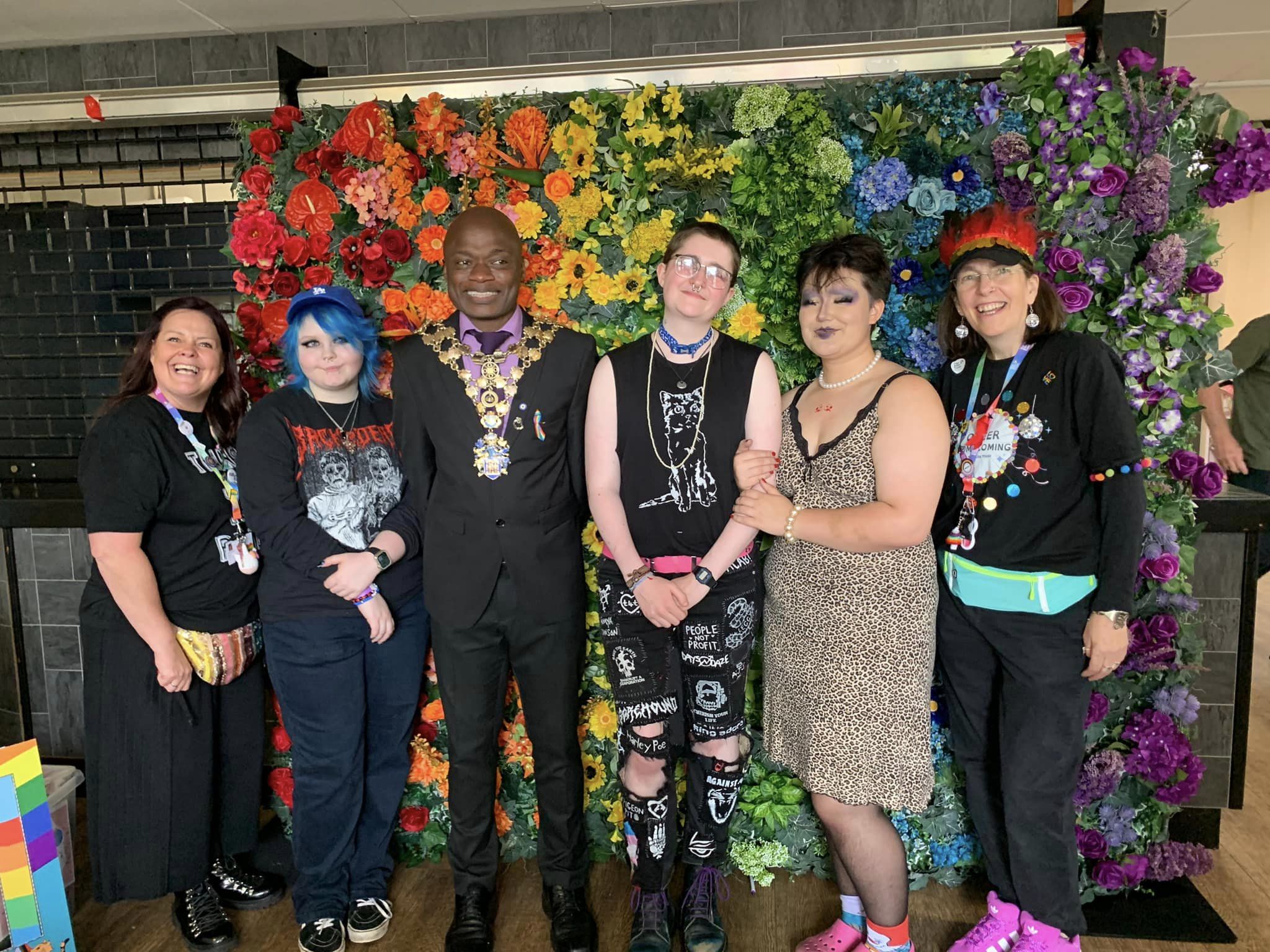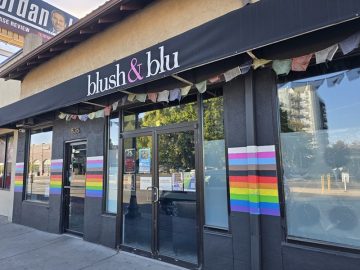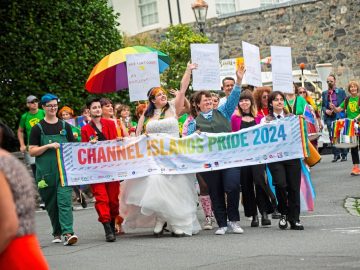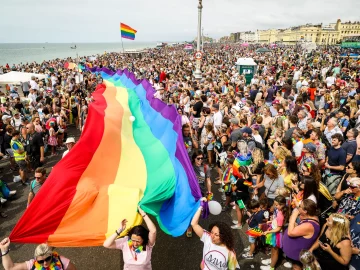Organizers of the city’s first Pride event say it will create a place for community LGBTQ+, and we all need community.” The event is scheduled to take place in Wisbech, Cambridgeshire, on Saturday and will include performances by drag artists, musicians, as well as various stalls, workshops, and circus performances.
Fenland Pride will become an annual event for the LGBTQ+ community
Organizer Pip Gardener said the enthusiasm of the participants made the event “really great, fun and exciting”.
They said they hoped Fenland Pride, which will take place at the Queen Mary Centre, will become an annual event. “I think there is a misunderstanding about the essence of Pride. It creates a space for community, and we all need community ” the organizer said.
“Even if you don’t fully understand what identity is, you still understand how important connections are, making friends, having fun and celebrating. This is especially important when many other places do not allow this to be done consistently.”
The event is hosted by the Kite Trust, an organization supporting the wellbeing and creativity of young LGBTQ+ individuals in Cambridgeshire, Peterborough, and nearby regions, which has received annual funding. The event will coincide with an art exhibition at the Wisbech and Fenland Museum, showcasing works by LGBTQ+ youth aged 13 to 30 from the entire region.
Among the exhibitors is Nia L., whose work was inspired by her own awareness of her intersex identity.
“As a child, I always felt like a stranger, as my body changed unexpectedly for me. I want to show people who find themselves in a similar situation that they are not alone, and that many of us go through this,” Nia shared.
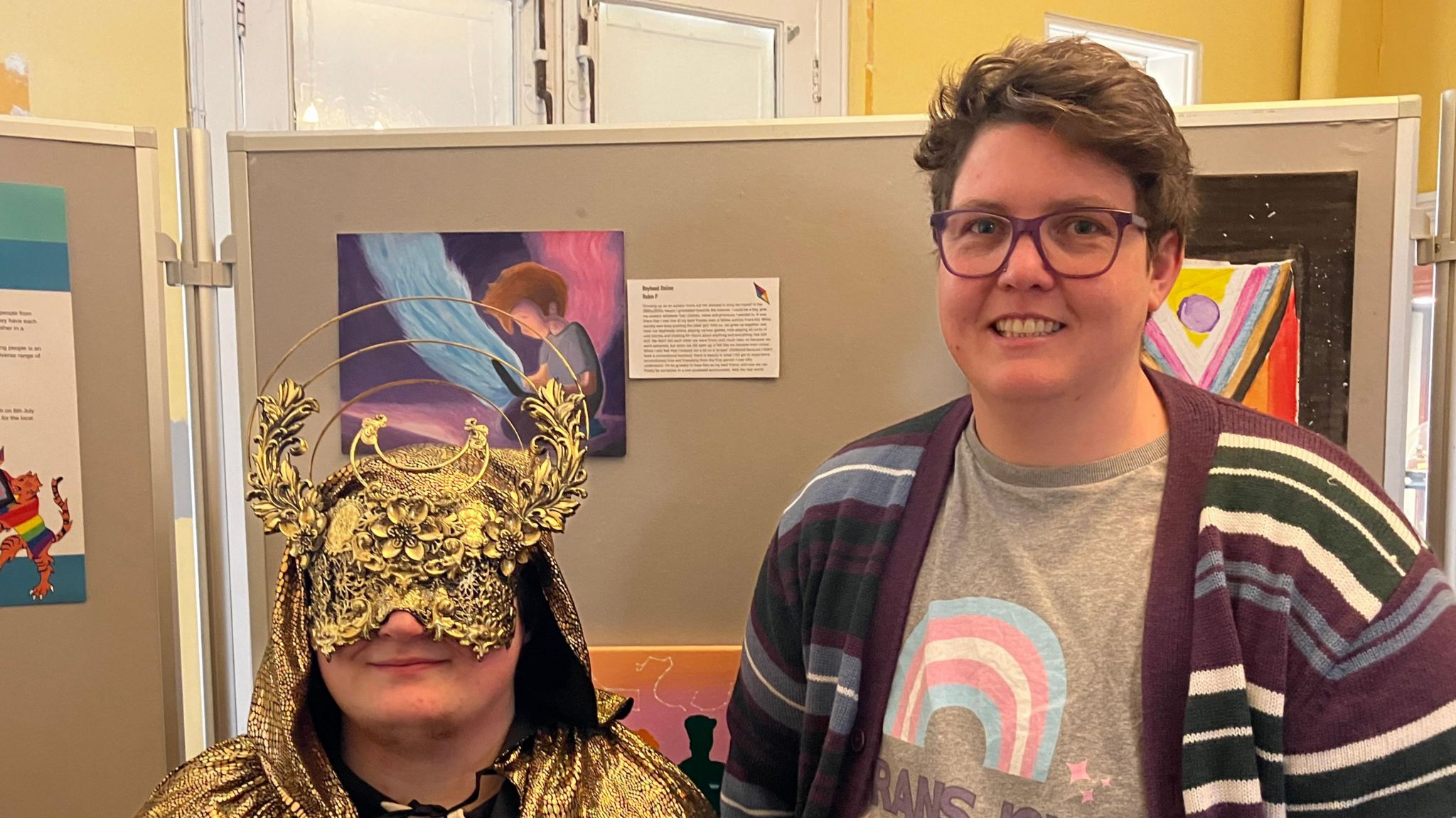
The artist, who has occasionally experienced feelings of “deep loneliness,”noted the importance of Pride and said: “I was amazed by the openness of this event, I did not expect this, and it is really wonderful to see.”
Pip Gardener added: “Cambridgeshire has a huge LGBTQ+ community. Please contact the Kite Trust, and we will assist you in connecting with them. But also understand they reside close to you, and they’re individuals like you seeking friendship and connections.
Why Pride is essential: support, safety and economic impact for LGBTQ+ groups
Pride events play a vital role for the LGBTQ+ community, providing a platform for expression, support and unity. These events serve not only as a celebration of identity, but also as an important tool for the fight for equality and rights.
First, Pride offers a secure environment for individuals to openly express their identities without concern for judgment or discrimination.This is especially important in societies where LGBTQ+ people often face bias and violence. Pride provides an opportunity to feel accepted and understood, which helps build self-confidence and reduce stress levels.
Secondly, Pride events play a key role in raising awareness of the challenges encountered by the LGBTQ+ community. Public marches and rallies attract attention from the media and the general public, which helps convey important messages about equality, human rights and the need for social justice. It also contributes to changing public sentiment and governmental policies to protect the rights of LGBTQ+ people.
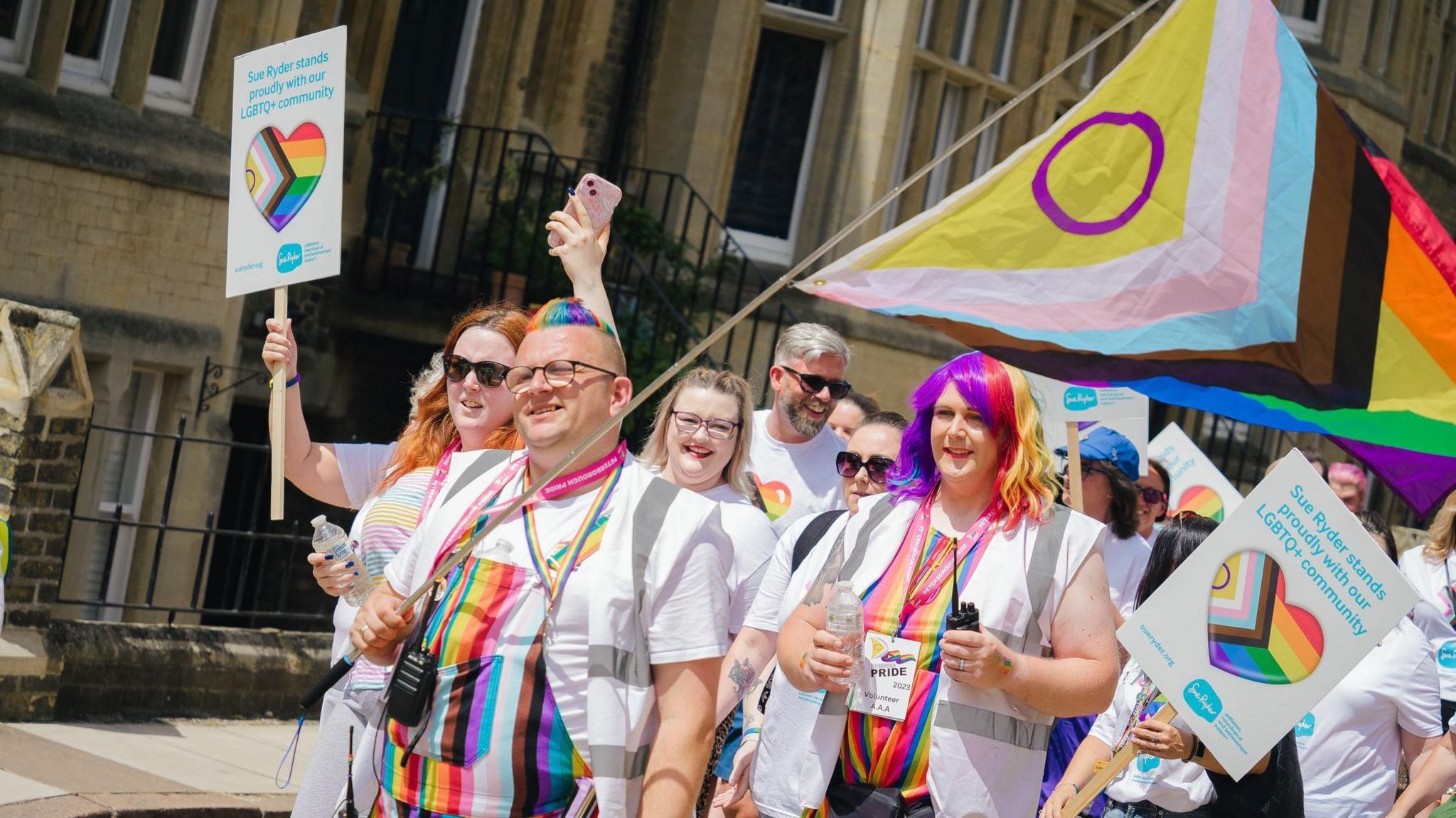
Additionally, Pride creates unique opportunities to build and strengthen communities. Interacting with others who share similar experiences and challenges helps build strong bonds and support each other. This is especially important for young people who may feel isolated or misunderstood. Activities like these promote a sense of belonging and support.
Pride’s economic impact is also significant. These gatherings draw tourists and bolster local economies. Shops, restaurants and hotels receive additional income, and cities and regions gain a positive reputation as welcoming and inclusive places.
In conclusion, Pride events are an integral part of the life of the LGBTQ+ community, contributing to its strengthening and development. They create a space for expression, struggle for rights and the formation of supportive bonds, which makes them important not only for the participants themselves, but also for society as a whole.

